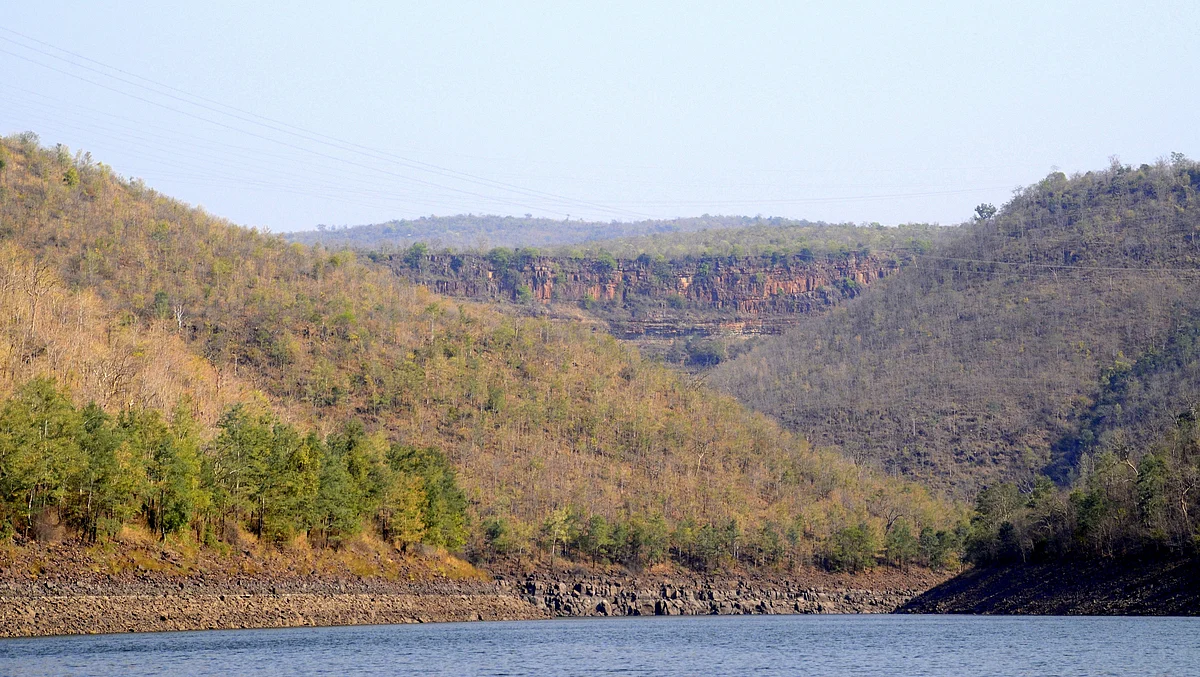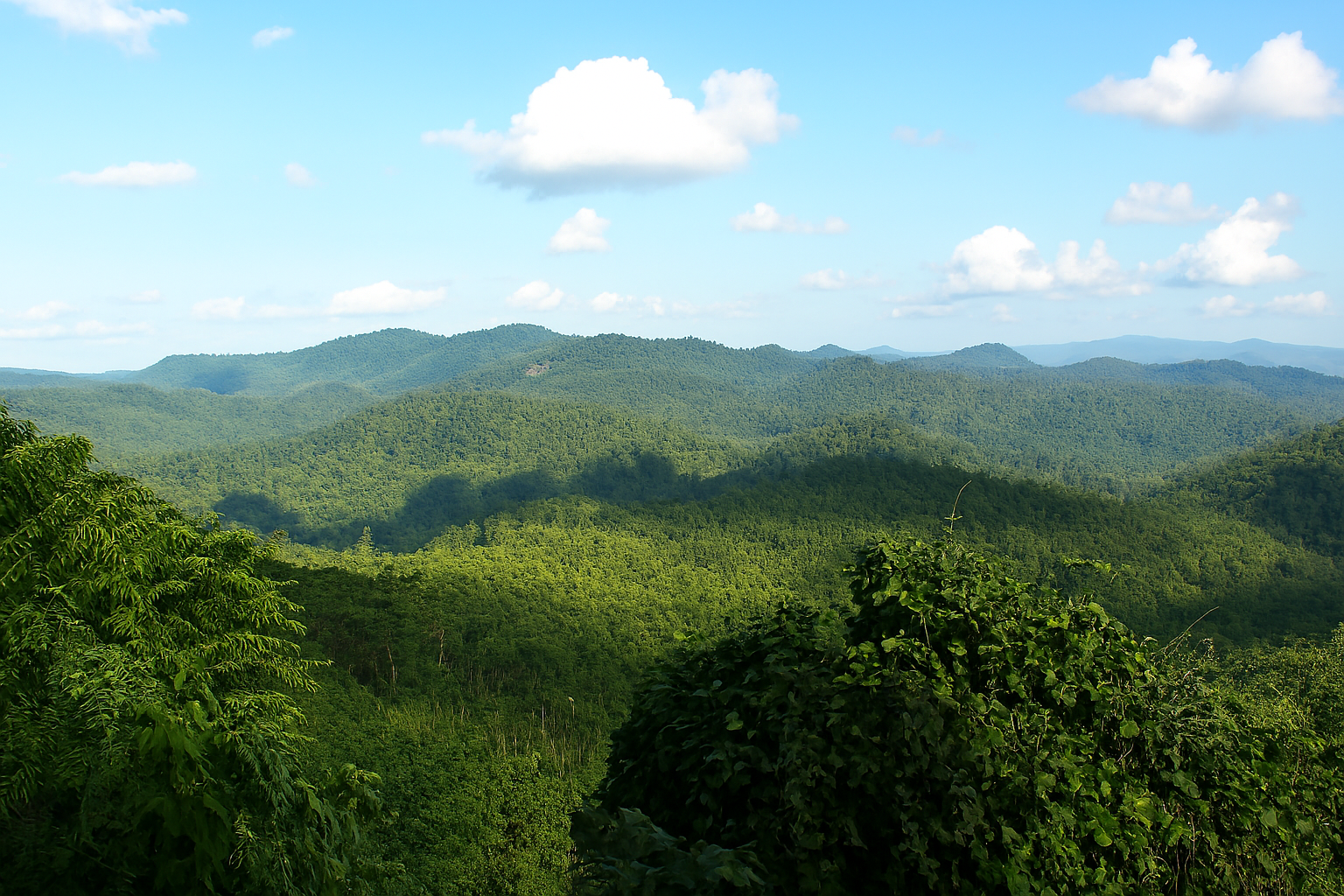The Manipur government has taken a firm step towards conserving its delicate forest ecosystems by banning trekking, camping, picnicking, expeditions and any form of unauthorised entry in all reserved forest areas. Anyone wishing to enter these zones must now obtain prior permission from the relevant authorities, making the rules around these protected areas stricter than ever before.

This decision comes in response to growing threats such as illegal logging, forest fires and habitat destruction. Recently, three individuals were caught illegally felling trees in the Lourok Konjin Chin hills within the Thongam Mondum Reserved Forest in Kakching district. Forest officials, acting on a tip-off, arrested the culprits on site, highlighting the urgency of stronger enforcement. Areas like the Langol Reserved Forest and Punshilok have now been placed under heightened protection, with regular patrols and strict surveillance to ensure compliance.
Reserved forests are among the most strictly protected lands in India, governed entirely by the Forest Department under the Indian Forest Act of 1927. These areas are preserved for ecological balance and biodiversity conservation, with minimal human interference. Unlike other forest types, they are under complete government jurisdiction, and any activities such as hunting, grazing or timber harvesting are prohibited unless explicitly authorised. The aim is to protect native wildlife, maintain water sources, and preserve unique flora and fauna.
These forest zones face increasing pressure from human activities, including deforestation for agriculture, mining and infrastructure development. Roads, highways and industrial projects often cut through these habitats, fragmenting wildlife corridors and impacting species movement. Encroachment, illegal tree cutting and the spread of invasive species have further strained these fragile ecosystems. In other parts of India, similar forested regions have faced threats from proposed industrial and commercial projects, raising fears about long-term biodiversity loss.
By enforcing stricter rules, Manipur aims to set a strong precedent for forest conservation. For travellers, it means planning visits responsibly and respecting the regulations in place. Nature tourism can still thrive, but it must align with sustainable practices that prioritise the health of the environment over unrestricted access.
For more updates on conservation stories, travel regulations and eco-friendly tourism, follow Travel Moves on Instagram and Facebook.








